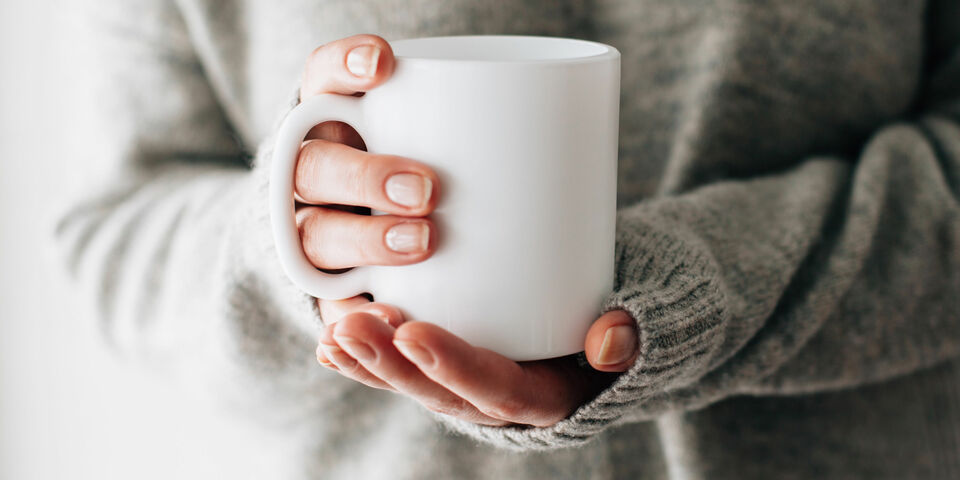With the Covid-19 pandemic still ongoing, you might have expected the Nobel Prize in Medicine to go to vaccine development or Covid-19 research. But that’s not how things turned out.
In 2021, physiology is taking centre stage. Thanks to the work of this year’s laureates, we now have a better understanding of how the body responds to an object like a hot cup of tea, and how we know not to squeeze too hard.
Chilli peppers
In the 1990s, Julius studied the body’s sense of heat by deceiving it. Chilli peppers can make us believe that we’re experiencing heat, and can even make us sweat. Using these peppers, Julius discovered which receptors were responsible for this effect.
In addition to their work on heat perception, the Lebanese-born Patapoutian and his team also studied our perception of pressure. How are we able to hug someone without hurting them, or to hold a glass without squeezing so hard that it breaks?
One by one, Patapoutian and his team switched off 72 genes, leading them to discover the one key gene that allows us to sense physical pressure.
Covid
At the Nobel Committee’s press conference, one journalist asked the question on everyone’s lips: was there any research on Covid-19 that had piqued Stockholm’s interest, especially with a view to future prizes? An understandable question, the host replied, but that’s not how the committee works – we’ll just have to wait to find out.
The Nobel Prize in Physiology or Medicine is the first of this year’s Nobel Prizes to be announced. Two Dutch researchers have won the prize in the past: Niko Tinbergen in 1973, for his research on the behavior of social animals such as bees and birds, and Christiaan Eijkman in 1929, for his work on vitamins.
The prize money of ten million Swedish kronor (around 985,000 euros) will be divided between the two laureates.


Discussion